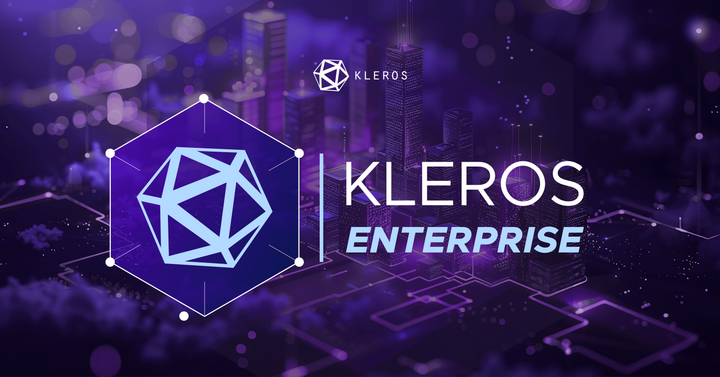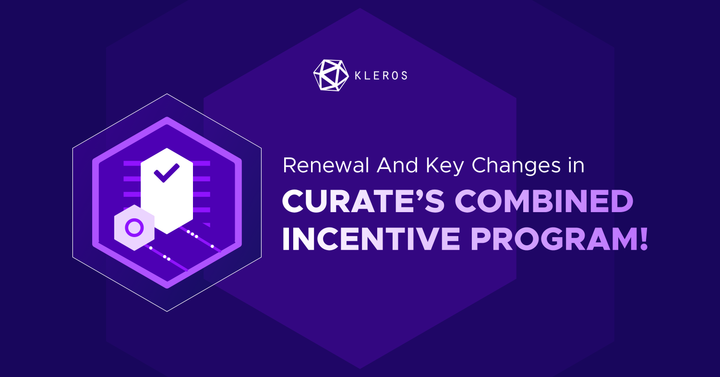Kleros Community Update - August 2019
Kleros Community update on Dapps, development, design and more.
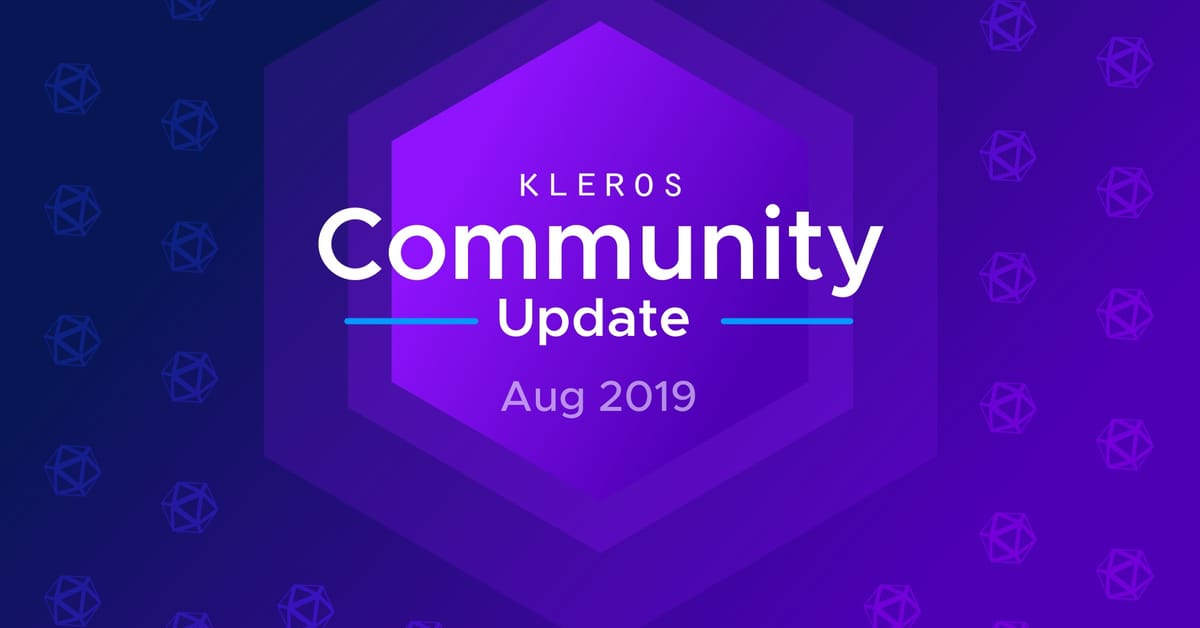
A bit more than a year has gone by since the Ethereum mainnet launch of Kleros with our Doges on Trial experiment in July 2018. During this time, we've launched new dapps covering new use cases and we've updated the design and functionality, based on our own research and feedback from the community.
In March 2019, we launched our token curated list dapp and a partnership with Ethfinex exchange to assist them in their token listing process. Over 100 cases and more than $350k were transacted through the Dapp in the first four months since launch.
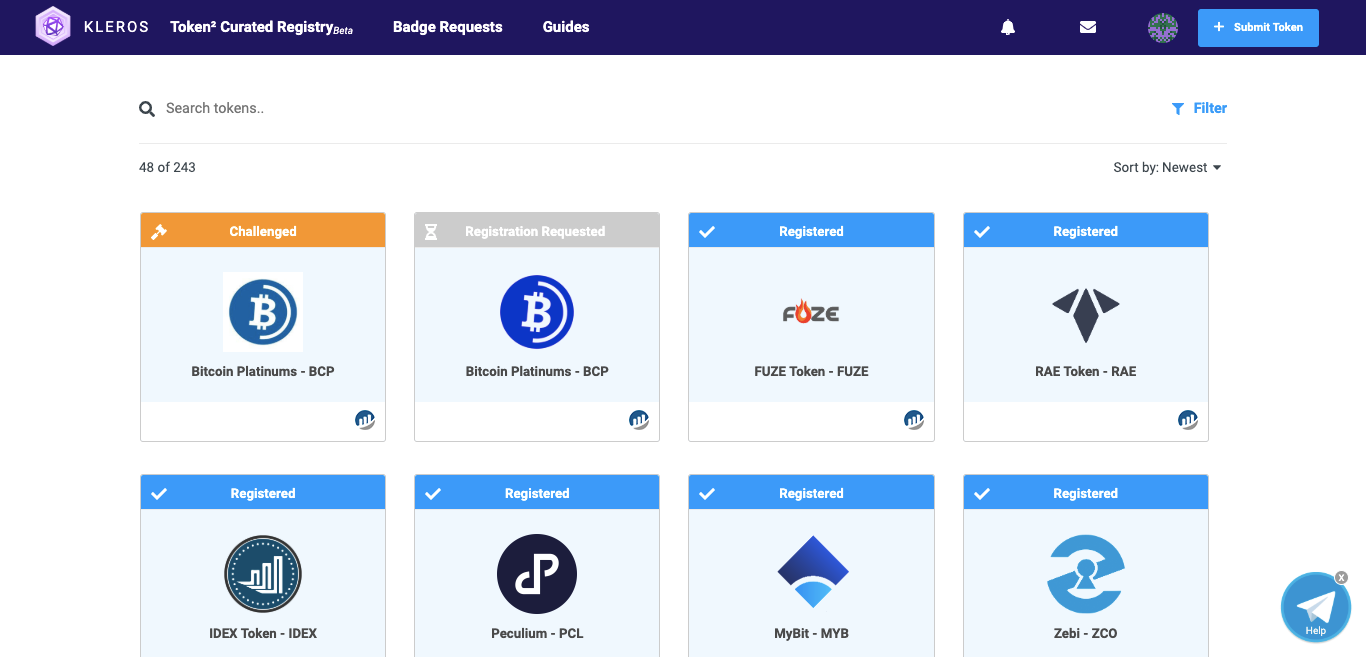
The TCR had some epic and hotly debated cases on whether some tokens complied (or not) with the required conditions (check Spendcoin, for example). Someone even created Heliast, perhaps the first decentralized law firm in the world, to produce evidence and orient jurors in evaluating cases.
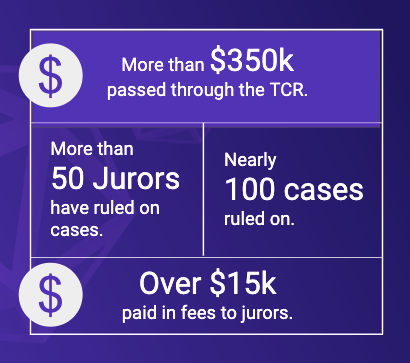
In April 2019, we launched our Escrow Dapp, where users can conduct different types of transactions backed by Kleros dispute resolution. We, at Coopérative Kleros, use it do pay the contractors we hire for different tasks. Should a dispute arise, it will be settled by a neutral jury.
Do you have to pay people in crypto? You can start using Kleros Escrow as well. Go to escrow.kleros.io and set up your own transactions. Here's a tutorial on how it works (you can contact us if you need assistance, of course).
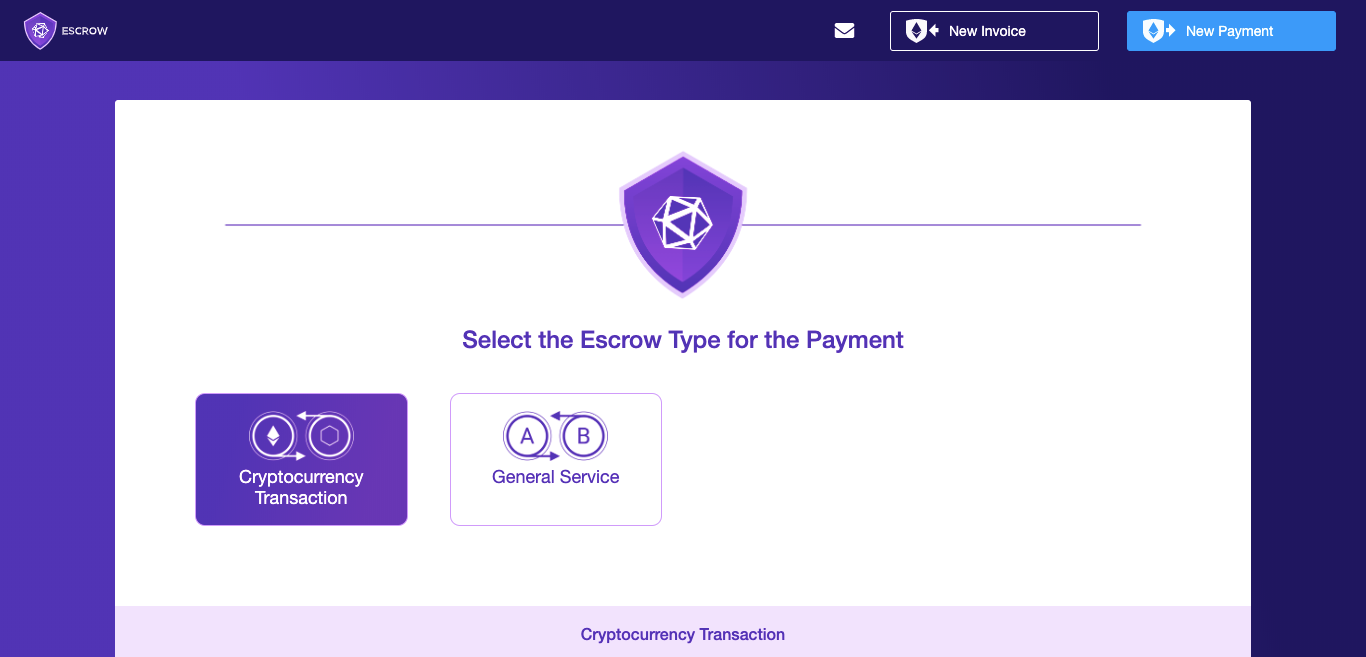
It was with our escrow Dapp that we conducted the first decentralized escrow trial of all time: Ricky vs. Coopérative Kleros.

May 2019 saw the release of our oracle use case. This was made in partnership with Realitio and CryptoUnlocked which gives users the option of selecting Kleros as arbitrator for oracle disputes.
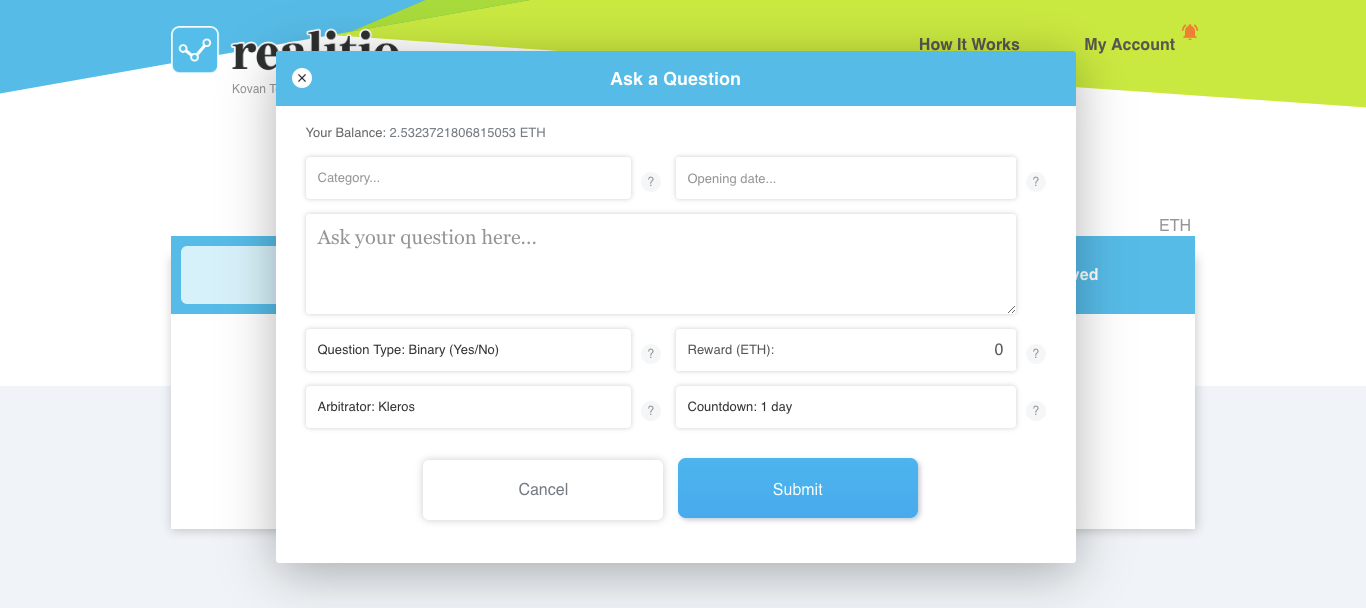
And finally, we are hard at work for the future release of a new version of Kleros Court Dapp. We used legal design principles to redesign the user interfaces for a more intuitive and friendly use.
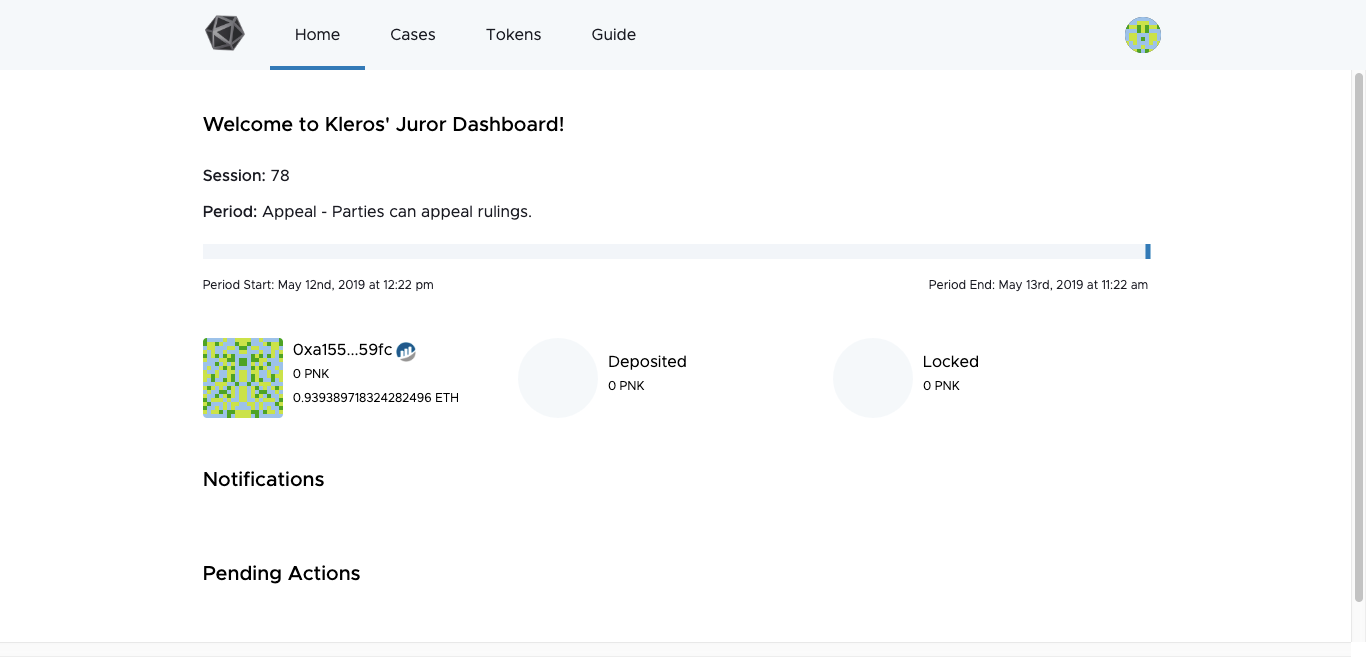
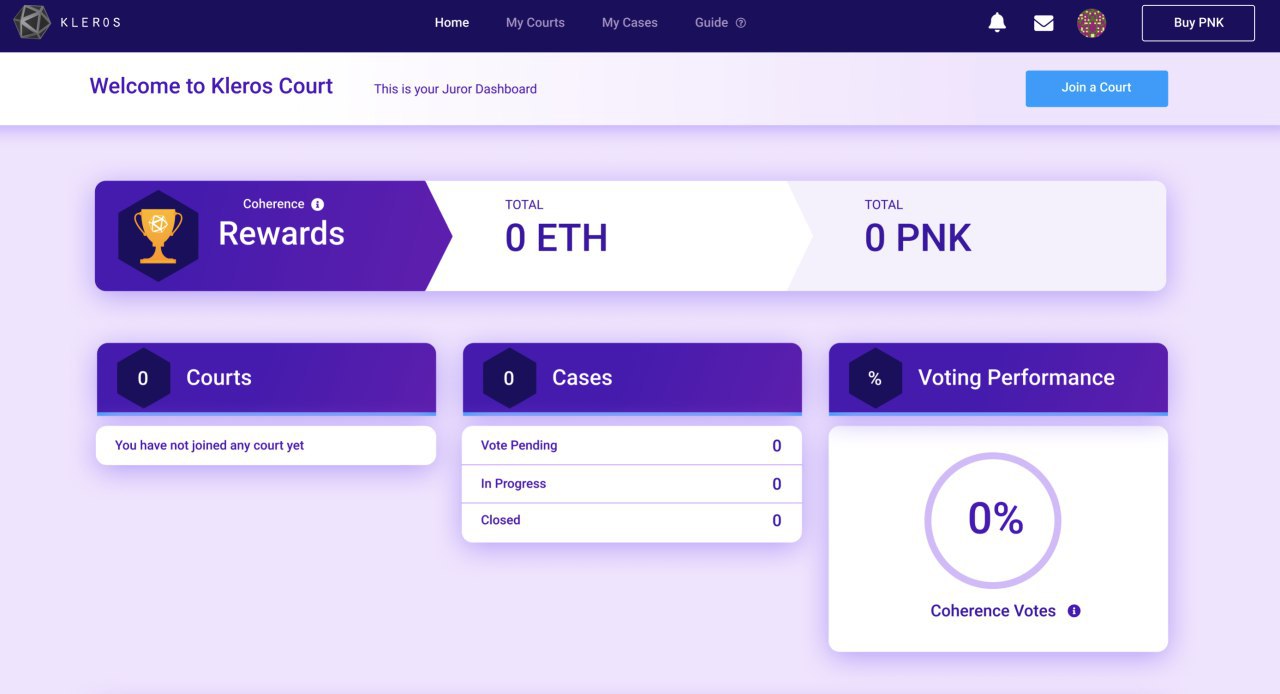
Our Research
A big part of our work is conducting cryptoeconomics research to make Kleros more efficient and secure as well as to enable a wider range of use cases.
We studied design choices and constraints on parameters necessary to make Kleros more resistant to a variety of attacks, such as p+epsilon attacks and bank attacks. In doing so, to get a sense of how well our theoretical models conform to user behavior, we were able to draw from observations and experiments on the Doges on Trial pilot.
Our work on how one can adapt Kleros to allow for cryptoeconomic oracles capable of producing real number values won the Asseth-Kaiko Prize in Research in Cryptoeconomics at the 2019 Tokenomics International Conference on Blockchain Economics, Security, and Protocols.
Most recently, we are working to develop a Schelling point based voting/incentive system which will work even when jurors are choosing between many possible outcomes and there is no single choice that is an overwhelmingly clear favorite.
This work adapts ideas from social choice theory, having to deal with classic problems regarding the presence of strategic voting.
Future planned work also includes incorporating more zero-knowledge elements for greater privacy, as well as improving Kleros’ ability to scale by taking advantage of tools such as side-channels, plasma chains, and cross-chain techniques.
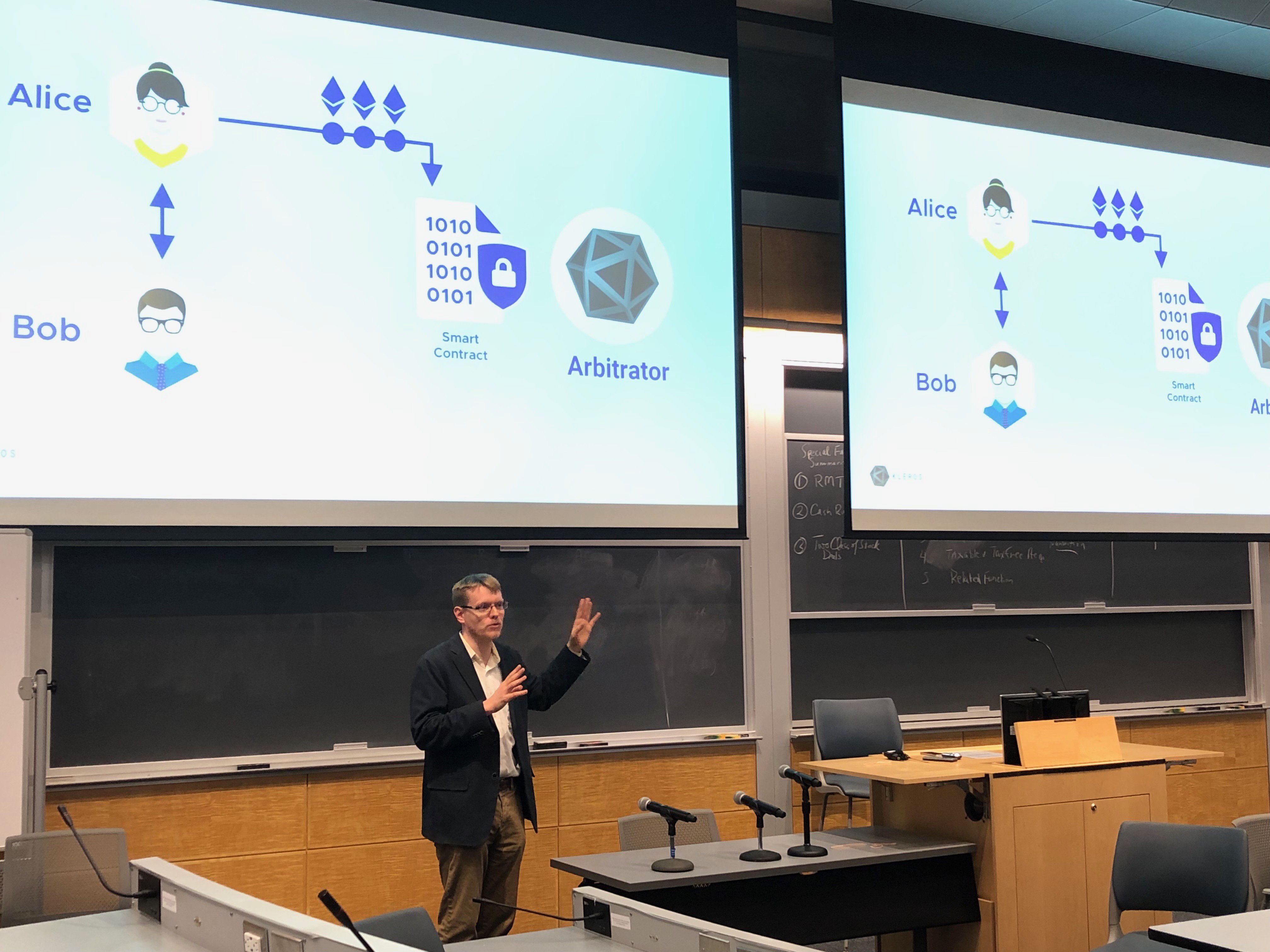
Pioneering Decentralized Justice
In August 2018, we launched the Kleros Fellowship of Justice program for people interested in conducting research about Kleros and decentralized justice. We received several dozen applications for the four tracks of the Fellowship: DApp Development, Cryptoeconomics, Law & Society and Business.
If you want to read some of this research, take a look at energy arbitration lawyer Abeer Sharma's piece on the use of Kleros in the oil and gas industry and corporate lawyer Dmitry Narozhny's take on the connections between Kleros and traditional arbitration frameworks.
Last June, we accepted the second batch of Kleros Fellows: 11 participants who are already working on the application of artificial intelligence in Kleros, civil courts, as well as a startup team from Sao Paulo that is building a company based on Kleros for adjudication of e-commerce disputes in Brazil. Want to meet our current Kleros Fellows? Check this post.
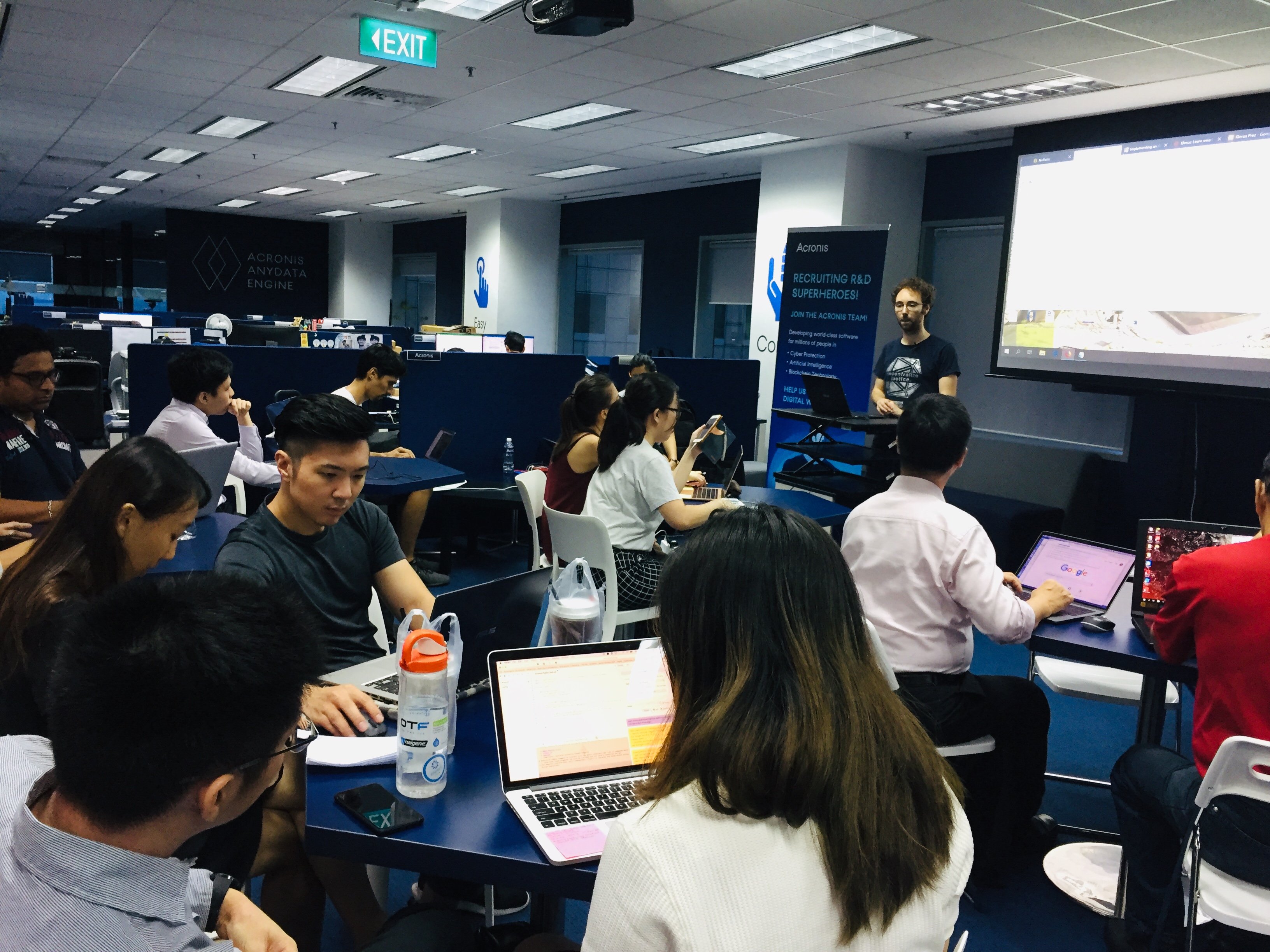
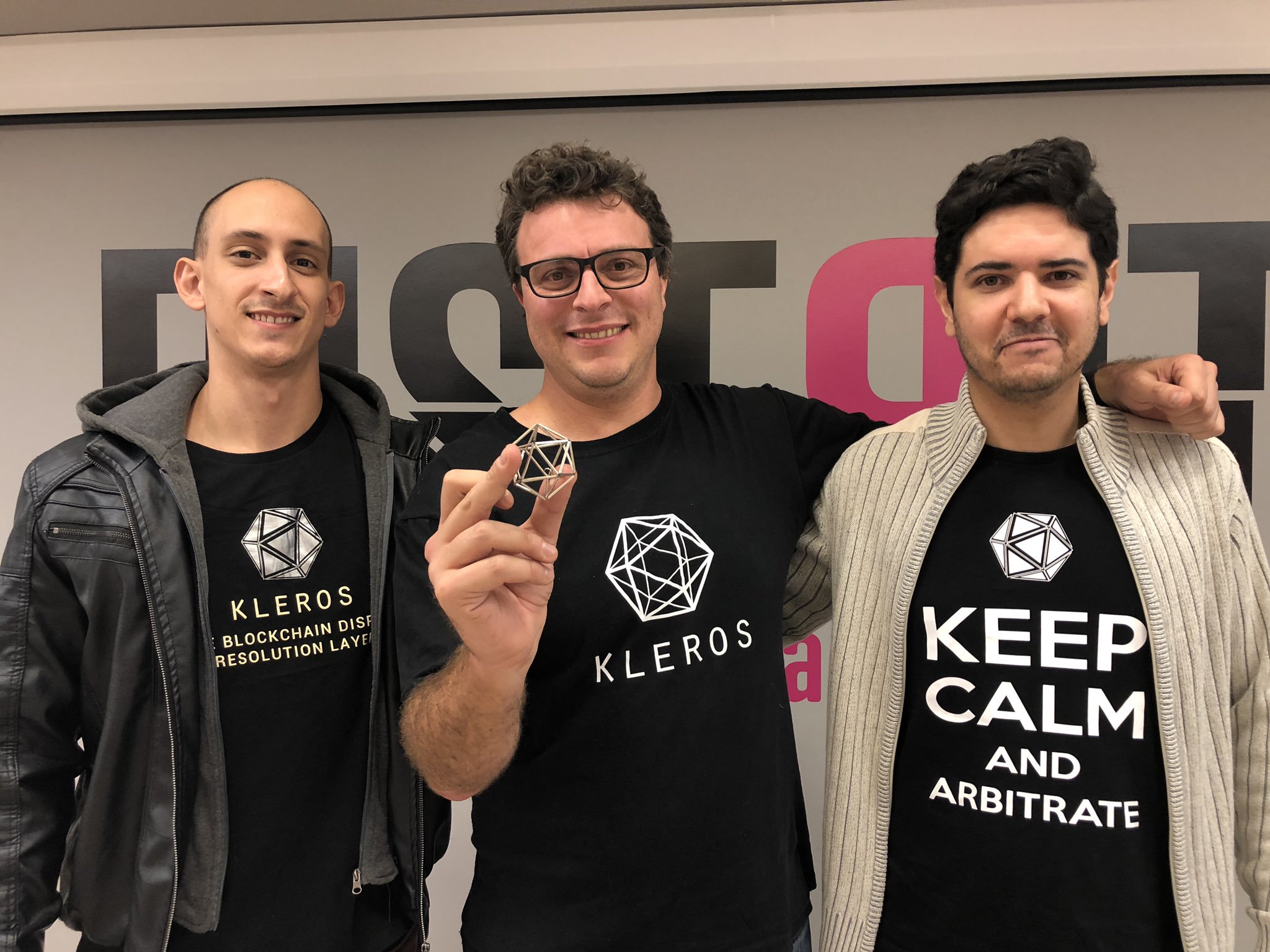
The creative power of this community of lawyers, technologists, economists and entrepreneurs produced the book Dispute Revolution. The Kleros Handbook of Decentralized Justice, which compiles all of our collective learnings in the emerging field of decentralized justice.
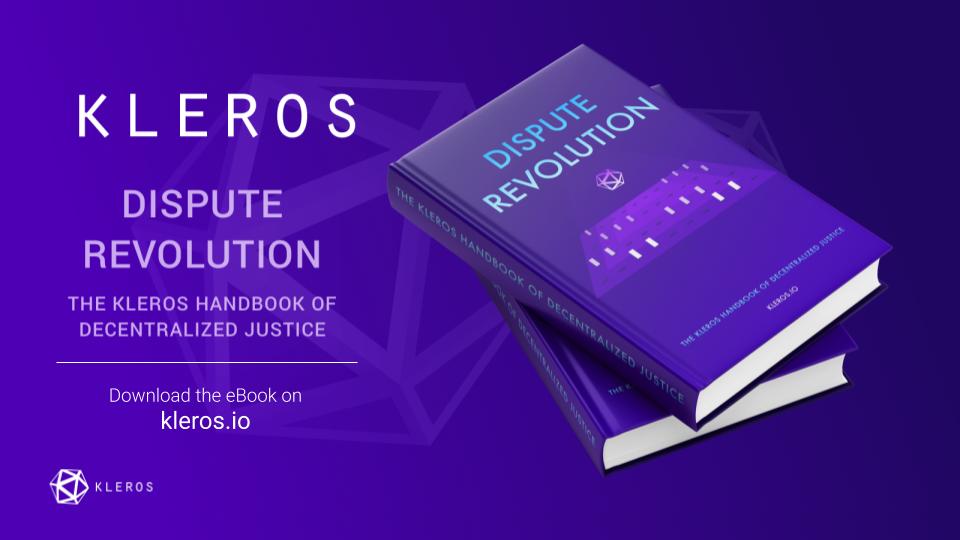
As usual, we keep producing thought leadership pieces based on our research and the observed user behavior in our Dapps. For example, read this one about the connections between Kleros and artificial intelligence.
The impact of our work is reflected by publications in prestigious journals on online dispute resolution. Check Online Dispute Resolution for Smart Contracts published at the Journal of Dispute Resolution by Amy Schmitz (Professor at the University of Missouri School of Law) and Colin Rule (creator of eBay's dispute resolution system and founder of Modria).
Kleros and the concept of decentralized justice now make up a module in the curriculum of the program of digital transformation of law at Université Paris II Panthéon - Assas. Kleros' approach to decentralized justice is becoming a mainstream topic for teaching and research.
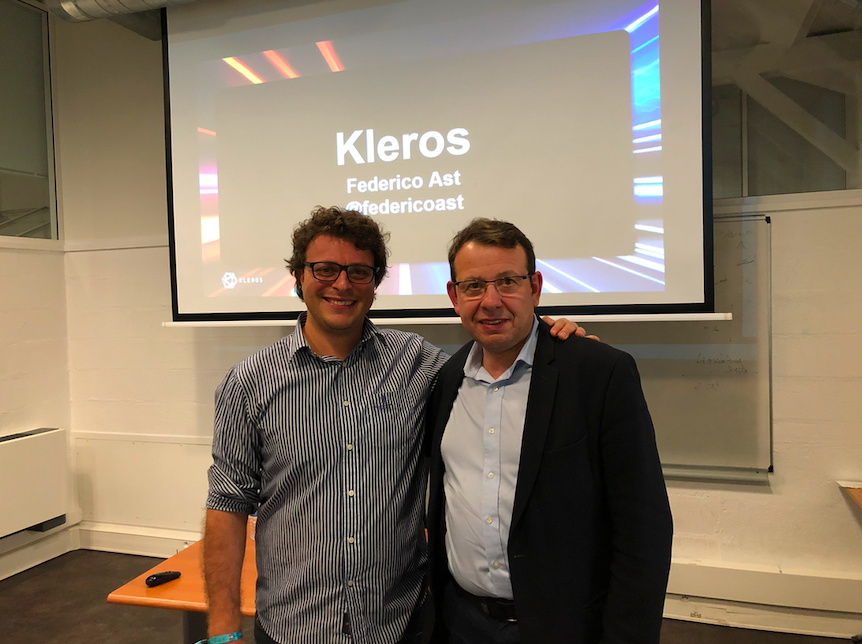
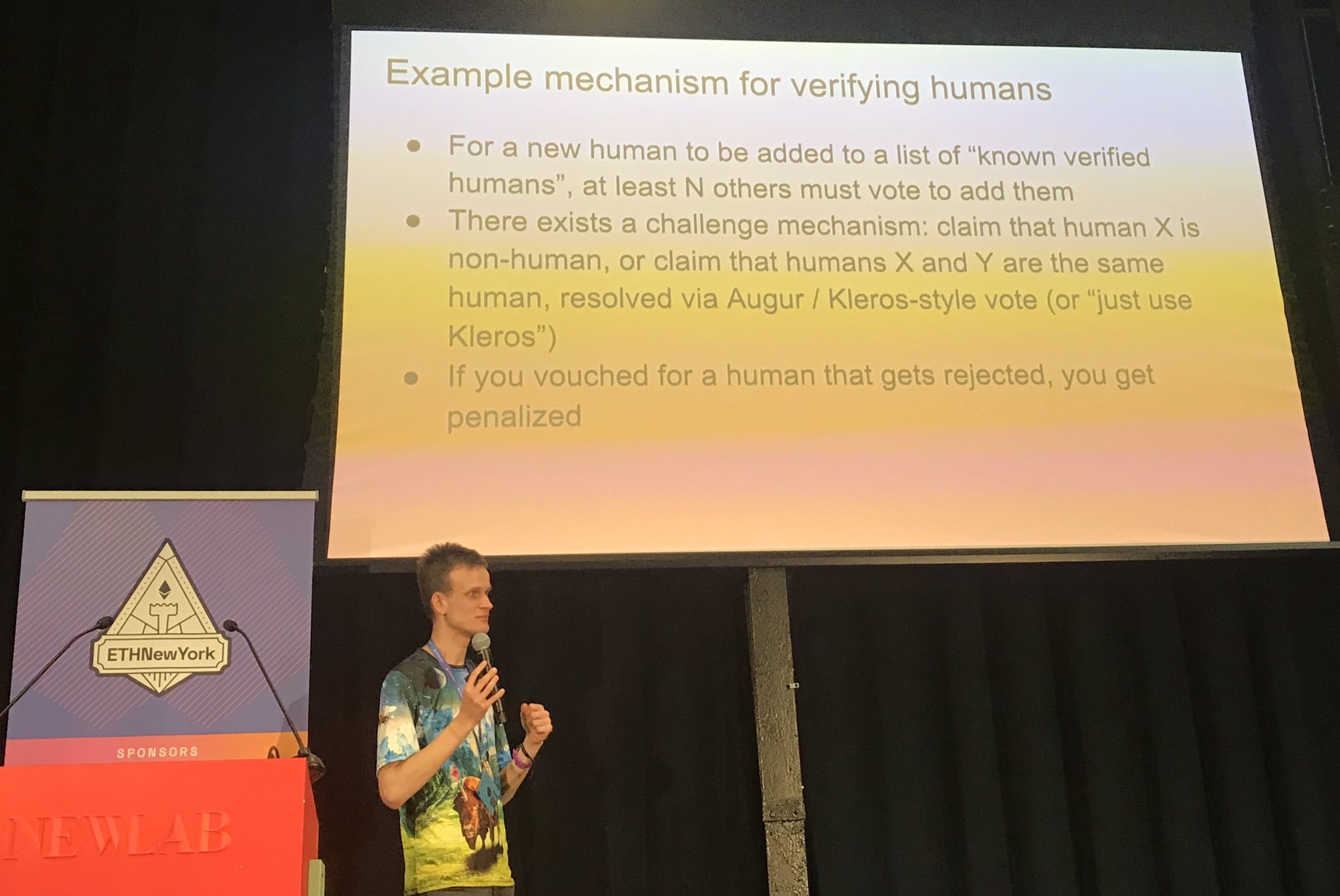
Our Finances
The Kleros software and cryptonetwork are developed by Coopérative Kleros, a cooperative type of entity under French law (if you want to learn more about the legal entity, read this. If you want to join the Cooperative, go here).
In March 2019, we held Coopérative Kleros' first yearly meeting in Paris where we presented our first Transparency Report, detailing all our activities and use of funds.
Here's a quick update on our use of funds:
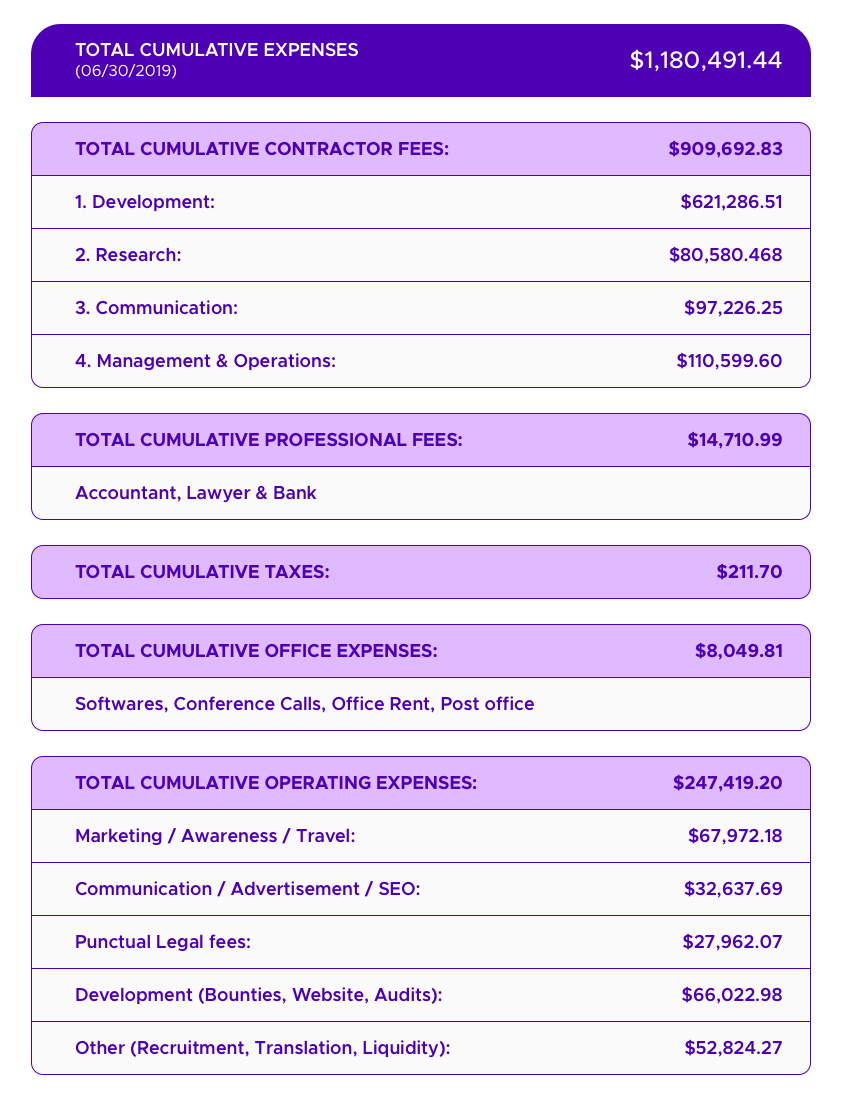
How YOU Can Get Involved!
The Kleros project started in May 2017 with the vision of building the dispute resolution infrastructure for the decentralized world. A Dapp to which all Dapps can delegate dispute resolution.
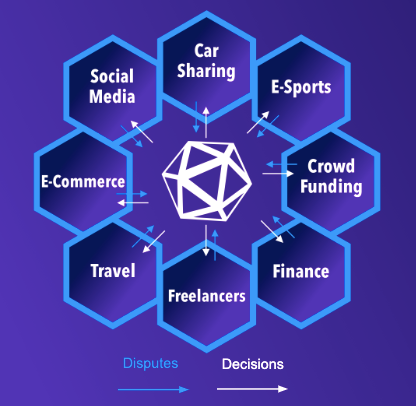
In little more than two years since the beginning of the project, we have built the first ever working system of decentralized justice (not to mention writing the smart contracts, building the interfaces and executing the first ever interactive coin offering).
Our Dapps are out there. They work. Our goals for the time to come is to get as many people as possible to use them.
For this, we need to have as many Dapps as possible plugged into Kleros. And this is how you can get involved:
- Are you building a marketplace and have disputes between users? Use Kleros as a neutral third party for dispute resolution.
- Are you building a platform with lots of user generated content? Kleros can empower your community to curate it and provide content moderation.
Kleros can take the burden of dispute resolution off your shoulders so you can focus on your priorities: building your technology and your community.
Get in touch and join us in the justice revolution!
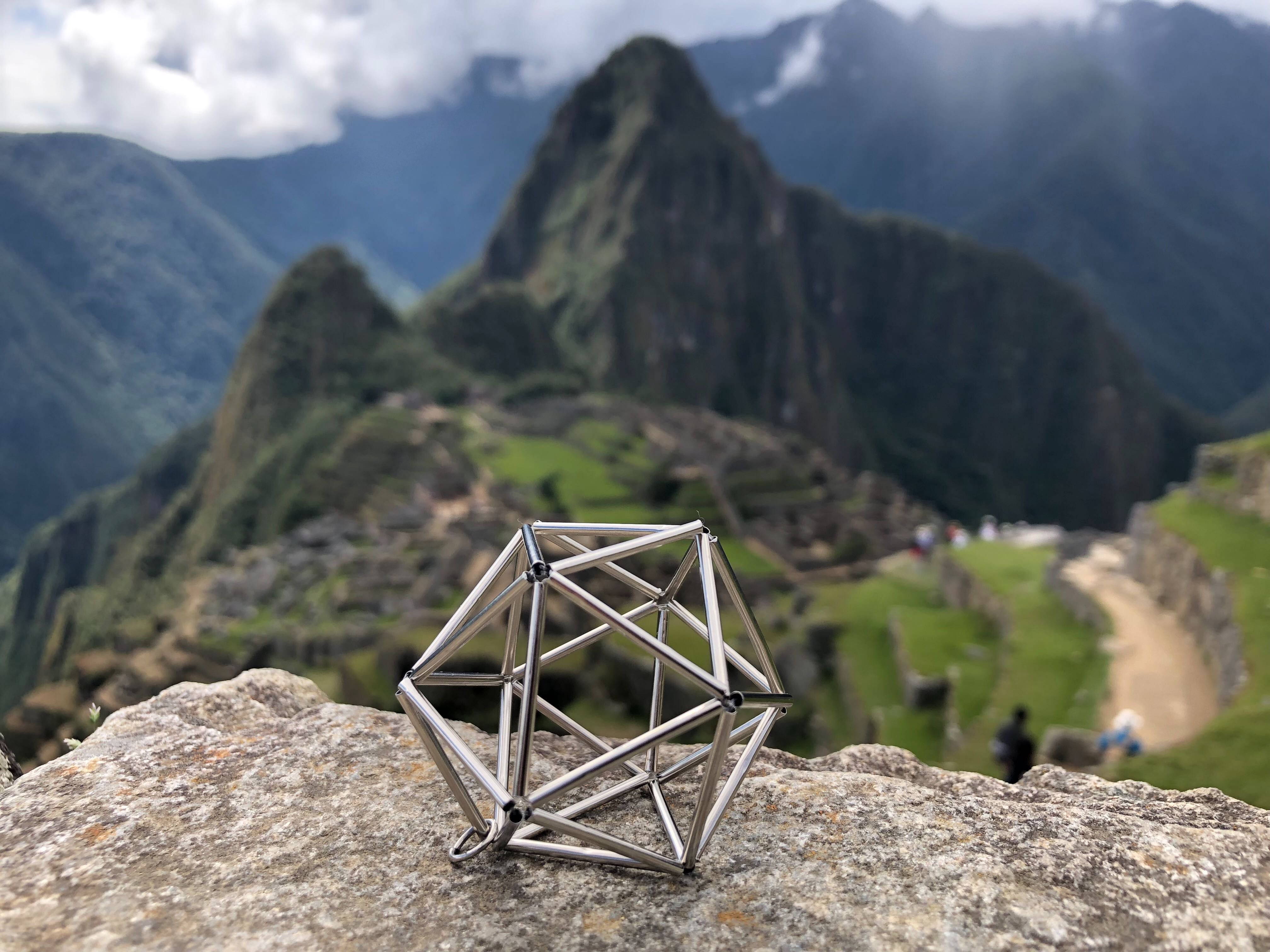

Join the community chat on Telegram.
Visit our website.
Follow us on Twitter.
Join our Slack for developer conversations.
Contribute on Github.


